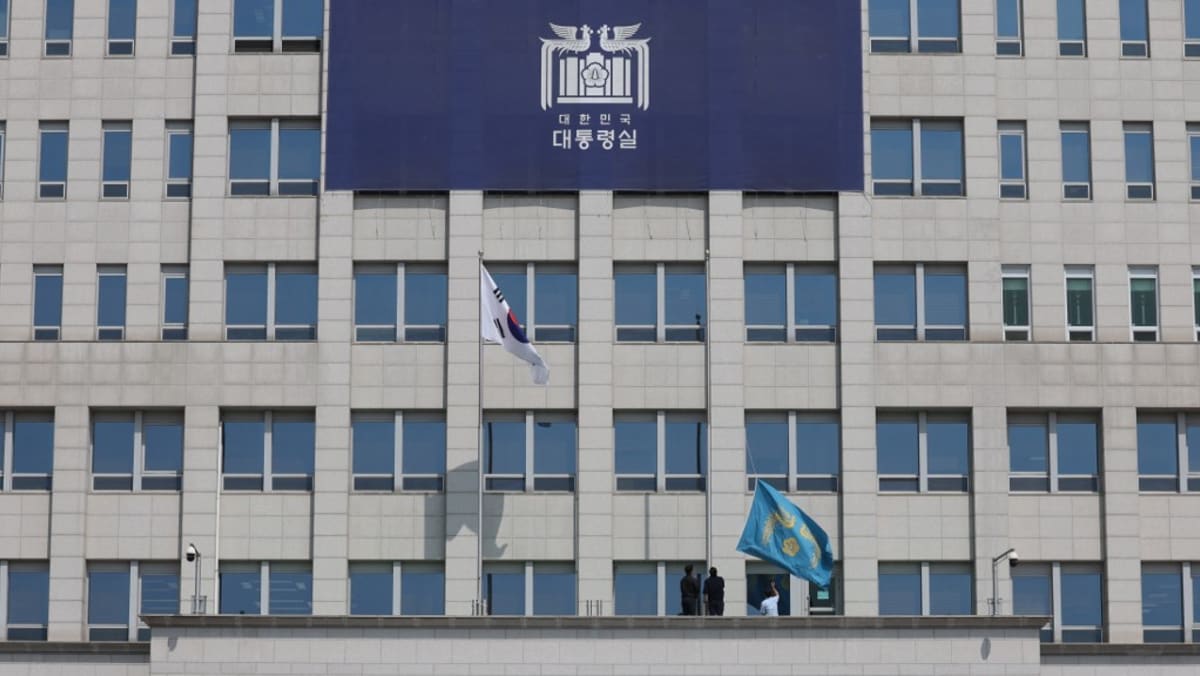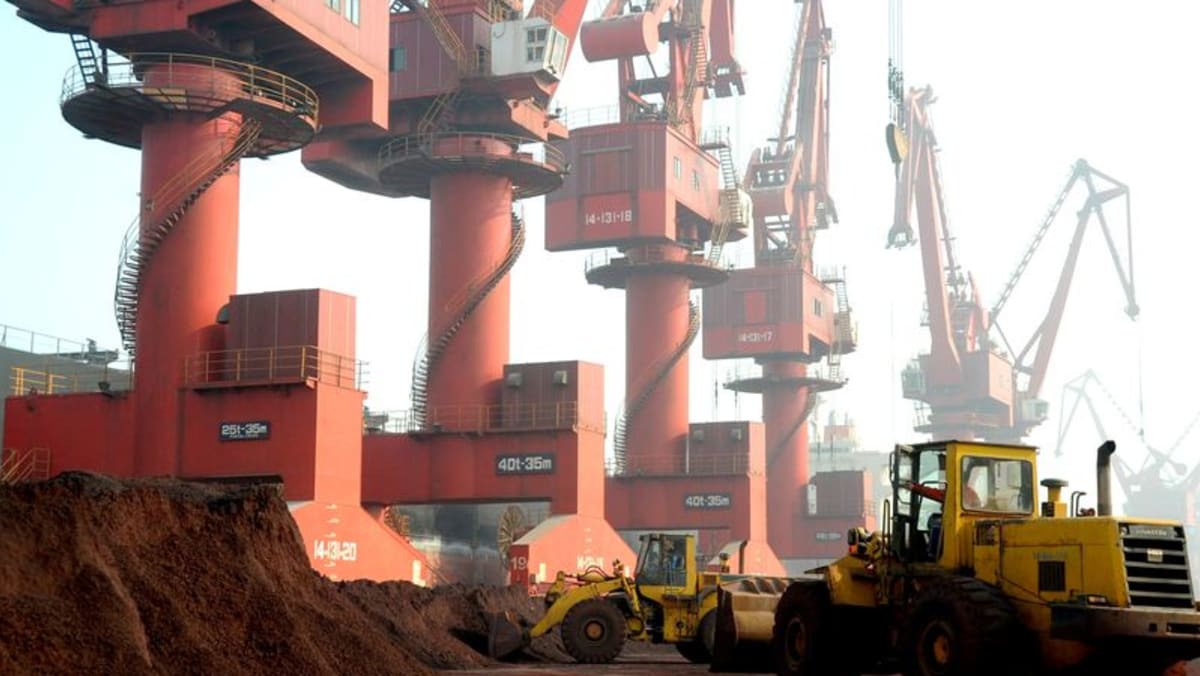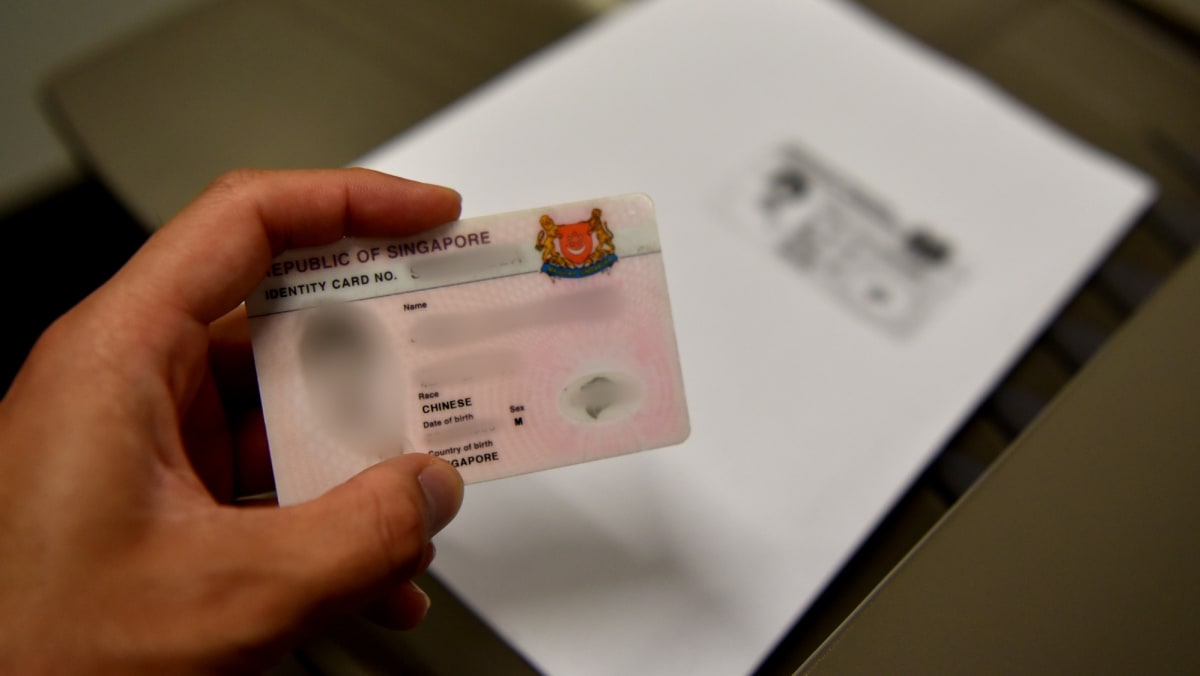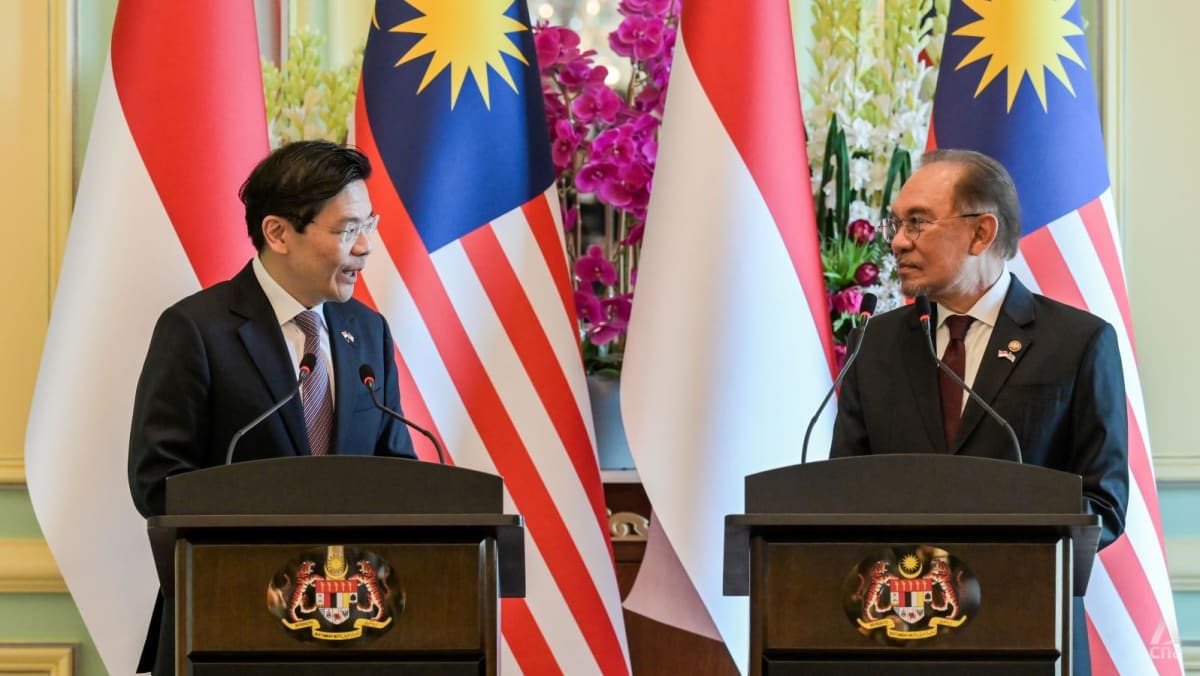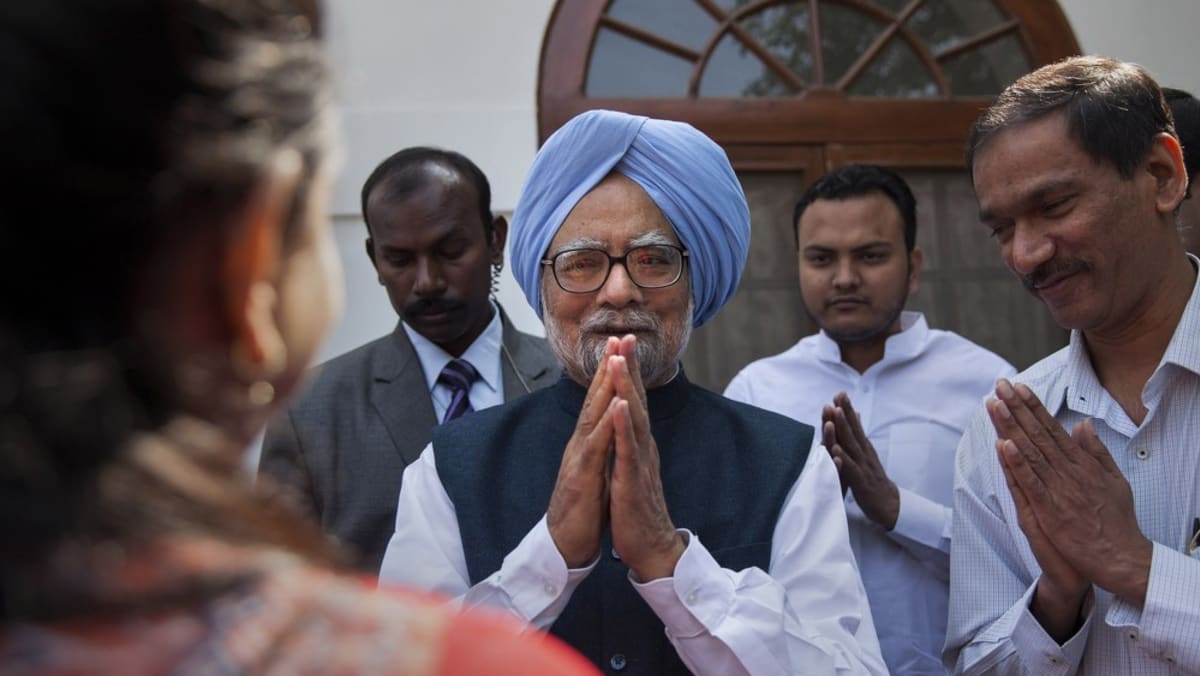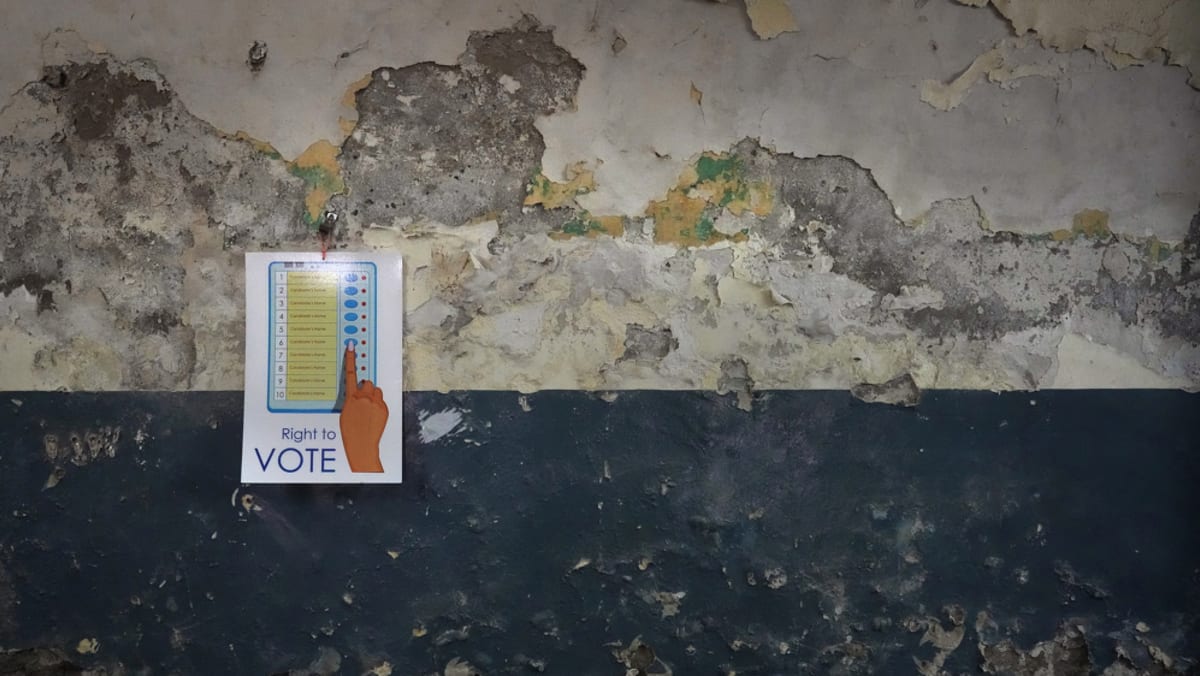SINGAPORE: Singapore's core inflation fell to 0.8 per cent year-on-year in January, from a revised 1.7 per cent in December last year.
The drop was due to lower inflation across all broad consumer price index categories, the Monetary Authority of Singapore (MAS) and the Ministry of Trade and Industry (MTI) said on Monday (Feb 24).
The last time core inflation was lower was in June 2021, when it came in at 0.6 per cent.
On a month-on-month basis, core inflation, which excludes accommodation and private transport, decreased by 0.2 per cent.
Meanwhile, overall inflation eased to 1.2 per cent in January, from 1.5 per cent in December.
"This reflected a moderation in accommodation inflation, in addition to the fall in core inflation," said the authorities.
On a month-on-month basis, overall inflation – which excludes non-consumption expenditures such as purchases of houses, shares and other financial assets and income taxes – fell by 0.7 per cent.
SECTORS
Services inflation slowed from 1.6 per cent in December to 1 per cent in January largely due to a fall in the costs of general, vocational and higher education, as well as outpatient and inpatient care services.
Food inflation fell to 1.5 per cent from 2.3 per cent as the prices of prepared meals rose at a slower pace.
Accommodation inflation also decreased from 2.1 per cent to 1.6 per cent due to smaller increases in housing rents, housing maintenance and repair costs.
Inflation for retail and other goods dropped from 0.5 per cent to -0.6 per cent in January as there was a sharper decline in the prices of footwear, alongside a drop in the prices of medical goods and other personal effects.
Electricity and gas inflation saw a decline from 2.4 per cent to -2.9 per cent on account of lower electricity prices, while gas prices rose at a slower pace.
Private transport inflation increased to 2.8 per cent from -0.9 per cent in December due to higher car prices.
OUTLOOK
MAS and MTI said Singapore's imported inflation is expected to remain moderate, which reflects "favourable supply projections in key food commodity markets and forecasts of declines in global oil prices".
"While an escalation of trade frictions could be inflationary for some economies, their impact on Singapore’s import prices is likely to be offset by the disinflationary drags exerted by weaker global demand," they said.
Domestically, unit labour costs are projected to rise gradually as nominal wage growth eases while productivity increases.
Enhanced government subsidies for essential services such as public healthcare, preschool education and public transport will continue to dampen services inflation.
Given these factors, core inflation is projected to average 1.0 per cent to 2.0 per cent this year - unchanged from an earlier forecast.
Overall inflation is expected to average 1.5 per cent to 2.5 per cent in 2025 amid an "anticipated pick-up in private transport inflation", said MAS and MTI.






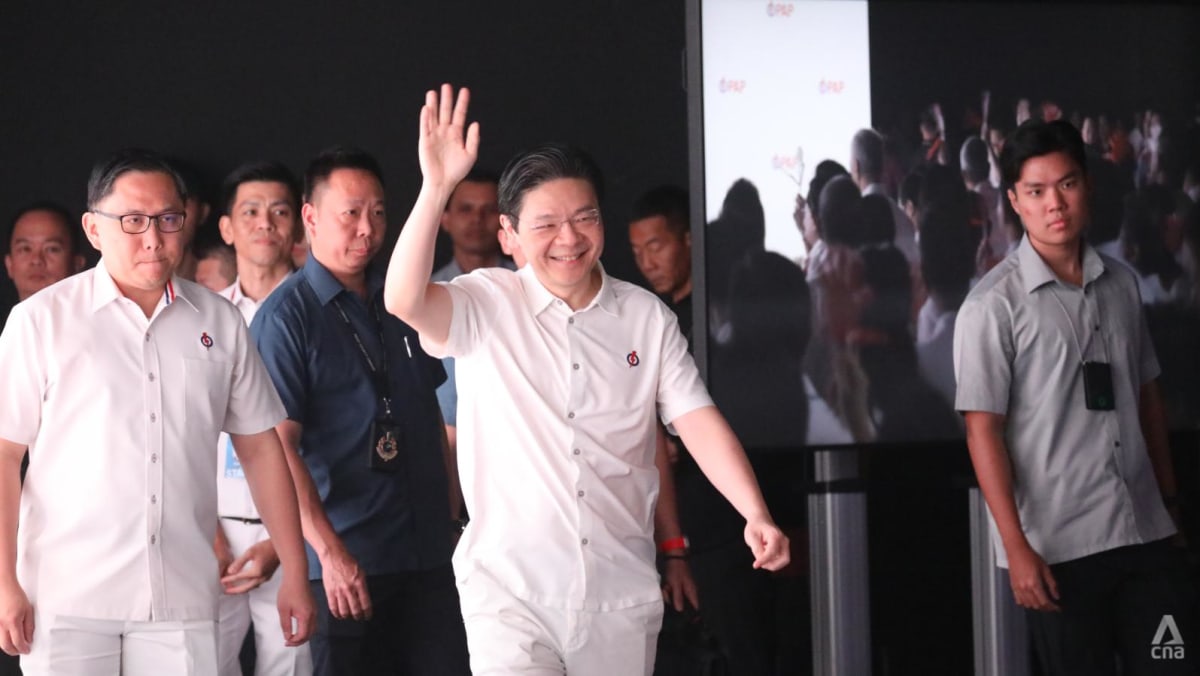
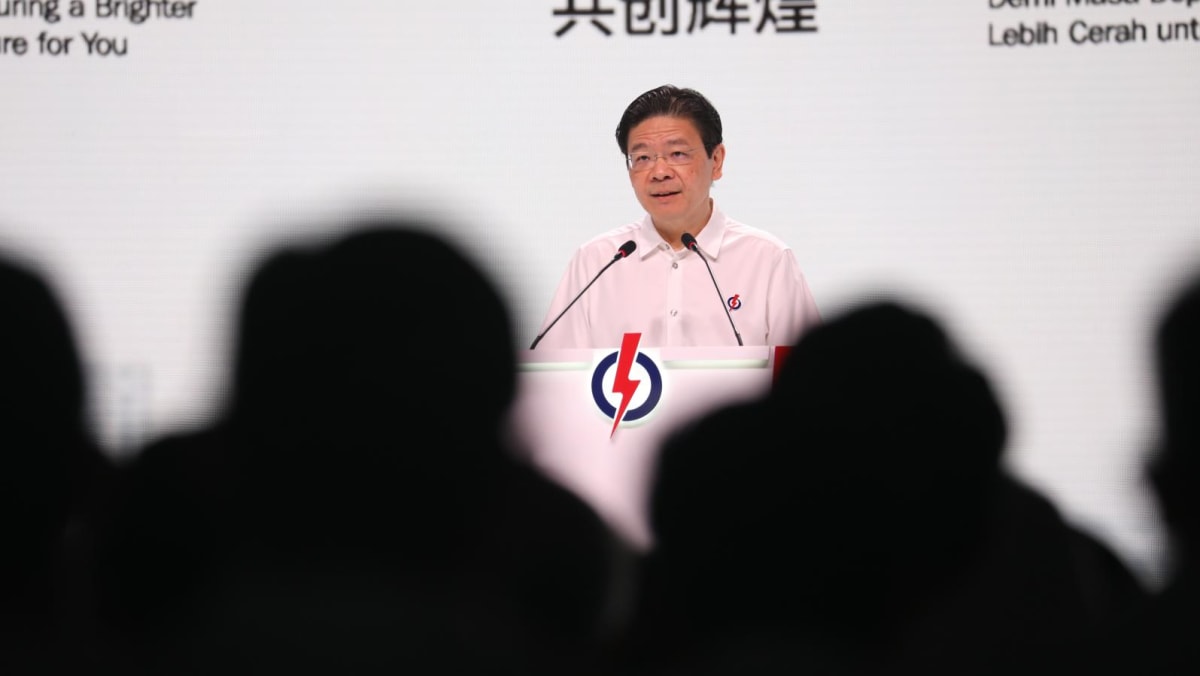
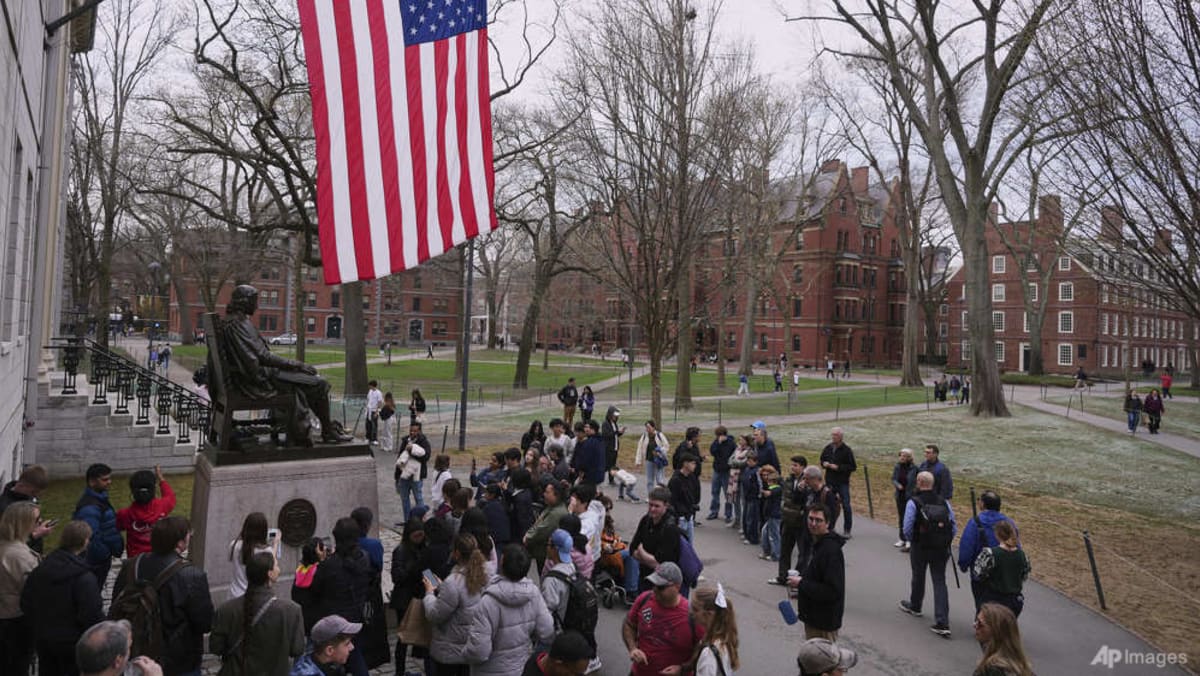

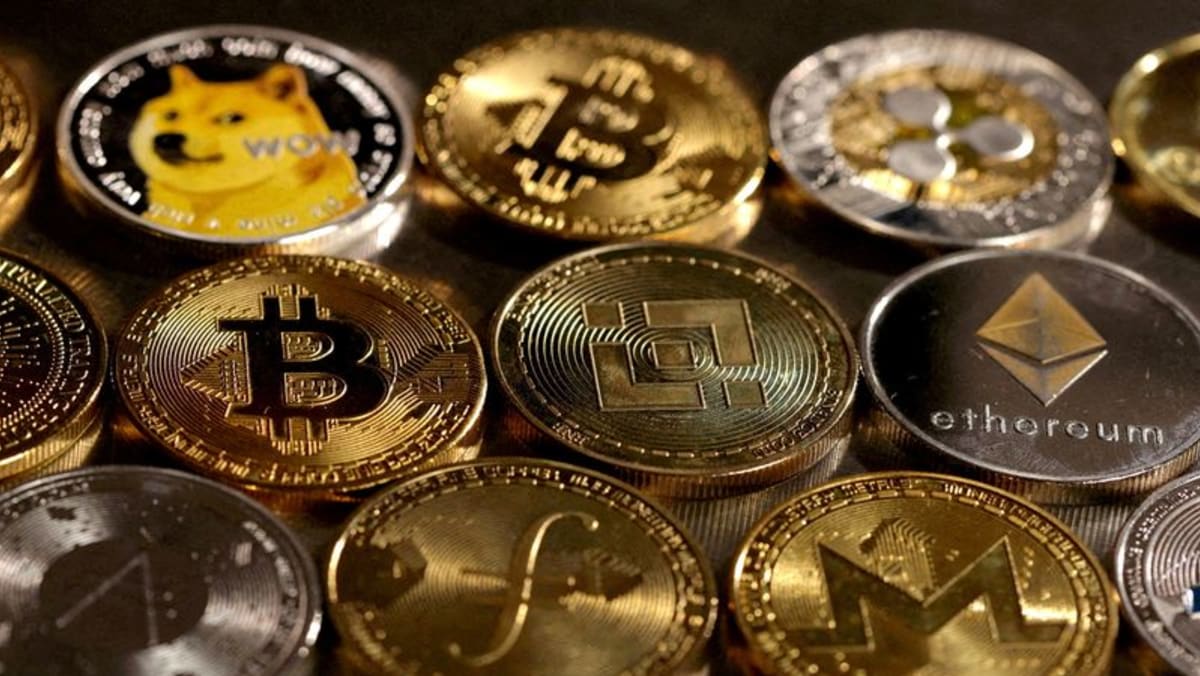

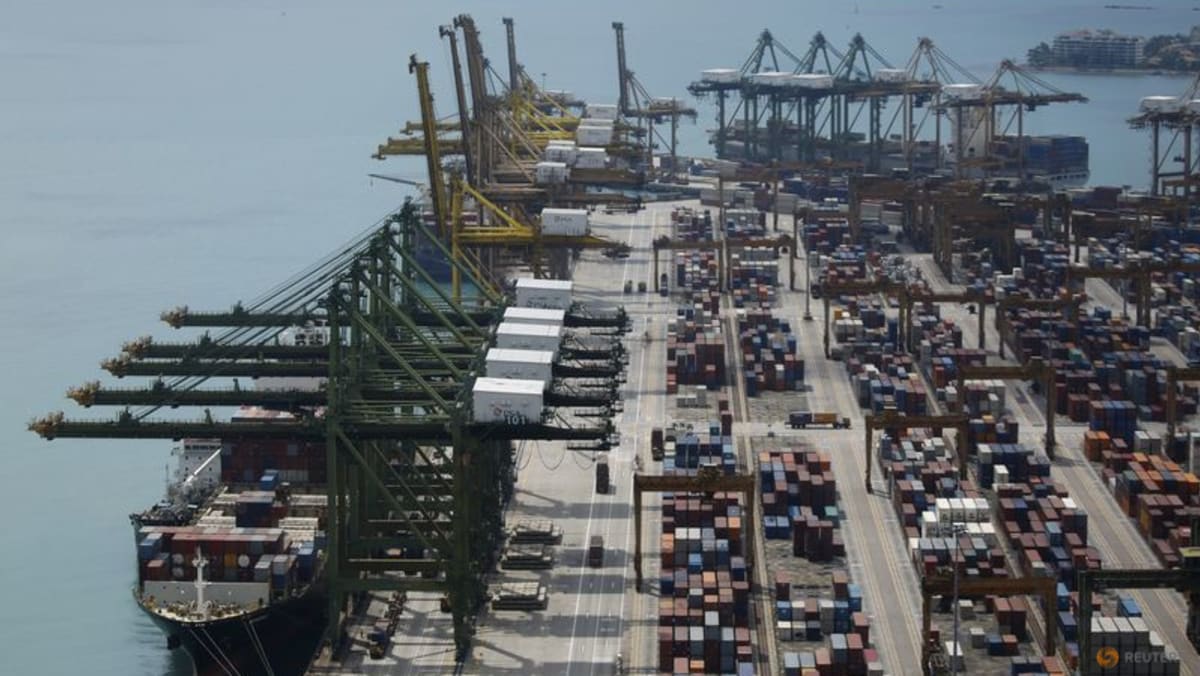

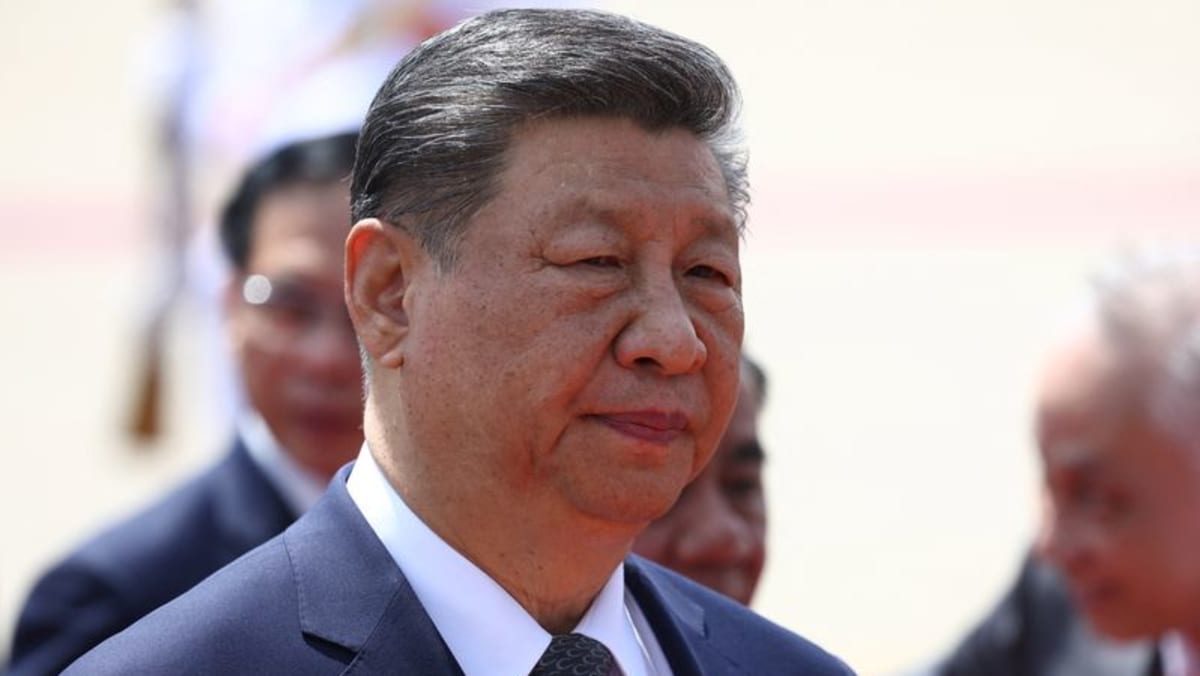
.png?itok=erLSagvf)


